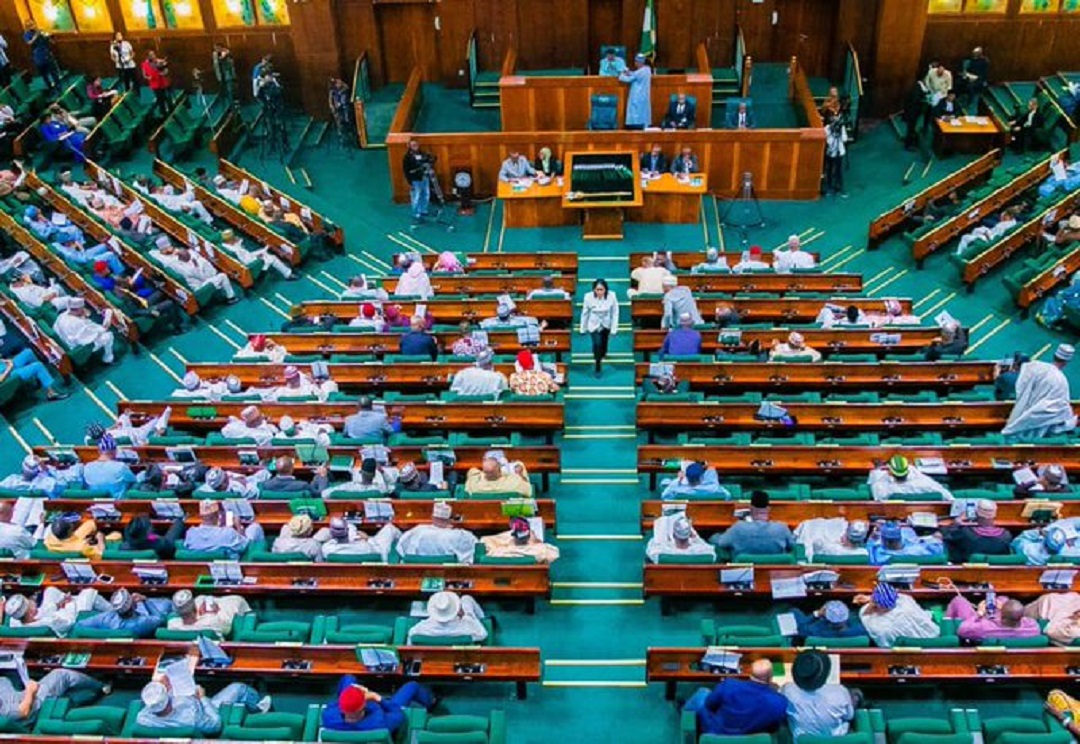Reps Plan Extension of Local Content Act To Non-Oil Sector
House of Representatives’ plan to extend the coverage of the Local Content Act to the non-oil and gas sector of the economy has progressed in the chamber.
The work is contained in the Bill for the enactment of the Nigerian Content (Non–Oil and Gas Sector) Development to Establish the Nigerian Content (Non–Oil and Gas Sector) Development Council and to provide for a programme and structure for the use of Nigerian expertise for Local goods and services, Economic Diversification and for Related Matters (HB. 59) being promoted by Hon. Ogundu Kingsley Chinda and thirty–eight Others.
With this development, critical sectors such as ICT, Manufacturing, Power, agro-allies, Marine etc will benefit like the oil and gas sectors which are currently covered by the Local Content Act.
Hon. Kingsley Chinda moved for the second reading of the bill, which was seconded by Hon. Nnolim Nnaji, stating that the bill seeks to extend the Local Content Act to non-oil and gas sectors.
The Local Content Act otherwise known as the Nigerian Oil and Gas Industry Content Development (NOGICD) Act came into being on April 22, 2010. It provides for the development of Nigerian content in the Nigerian oil and gas industry, Nigerian content plan, supervision, coordination, monitoring, and implementation of Nigerian content. The act applies to all matters pertaining to Nigerian content in respect of all operations or transactions carried out in or connected with the Nigerian oil and gas industry and also requires that all regulatory authorities, operators, contractors, subcontractors, alliance partners, and other entities involved in any project, operation, activity, or transaction in the Nigerian oil and gas industry consider Nigerian content as an important element of their overall project development and management philosophy for project execution.
The act also mandates that Nigerian independent operators be given first consideration in the award of oil blocks, oil field licenses, oil lifting licenses, and in all projects for which a contract is to be awarded in the Nigerian oil and gas industry however restricted its coverage to the oil and gas sector.
If the Nigerian Content (Non–Oil and Gas Sector) Development Bill is eventually enacted into law, the non-oil sector of the Nigerian economy will also be accorded priority that has hitherto been given to the oil and gas sector.
“It will be a legislative tool to ensure the inclusion of the non-oil and gas sectors into the benefits presently enjoyed by the oil and gas sectors provided by the cover of the Nigerian Local Content Act”, stated Chinda who noted that critical sectors such as ICT, Manufacturing, Power, Agro Allied, Marine etc will benefit from the effects of the bill.
The Act when passed is expected to open up the aforementioned sectors to Nigerian participation to be pioneers in running the sectors while Chinda assured that the bill is not revenue demanding as the sectors are to self-generate revenue that will provide a base of development and employment for all Nigerians.
Hon. Ahmed Jaha praised the spirit of the bill as it is genuinely aimed at boosting revenue in the non-oil and gas sectors. He stated that with the high population growth rate in Nigeria, there lies an urgent need for this type of platform that guarantees economic diversification with local and foreign investors participating in diverse thriving sectors. He expressed confidence that this will place Nigeria in a position to play on a level playing field with other world leaders.
Hon. Aliyu Madaki requested members’ support for the passage of the bill that seeks to reduce the over-dependence on oil.
“This also helps to reduce insecurity as teeming youths will be usefully engaged and also aid the strengthening of the Naira”, Madaki stated as the bill was voted on, approved for a second reading and referred to the House Committee on Nigerian Local Content Development and Monitoring.



Comments are closed.